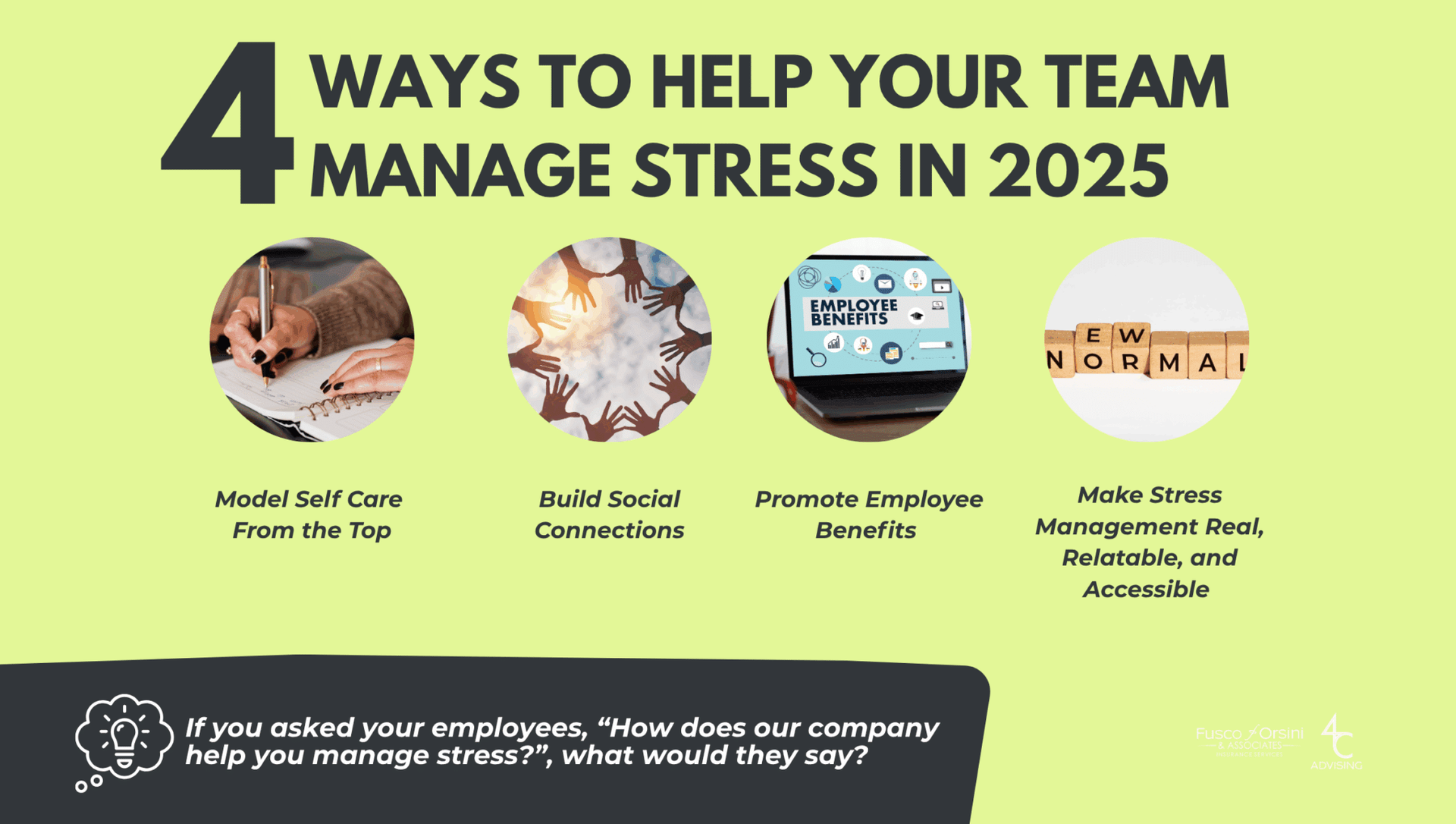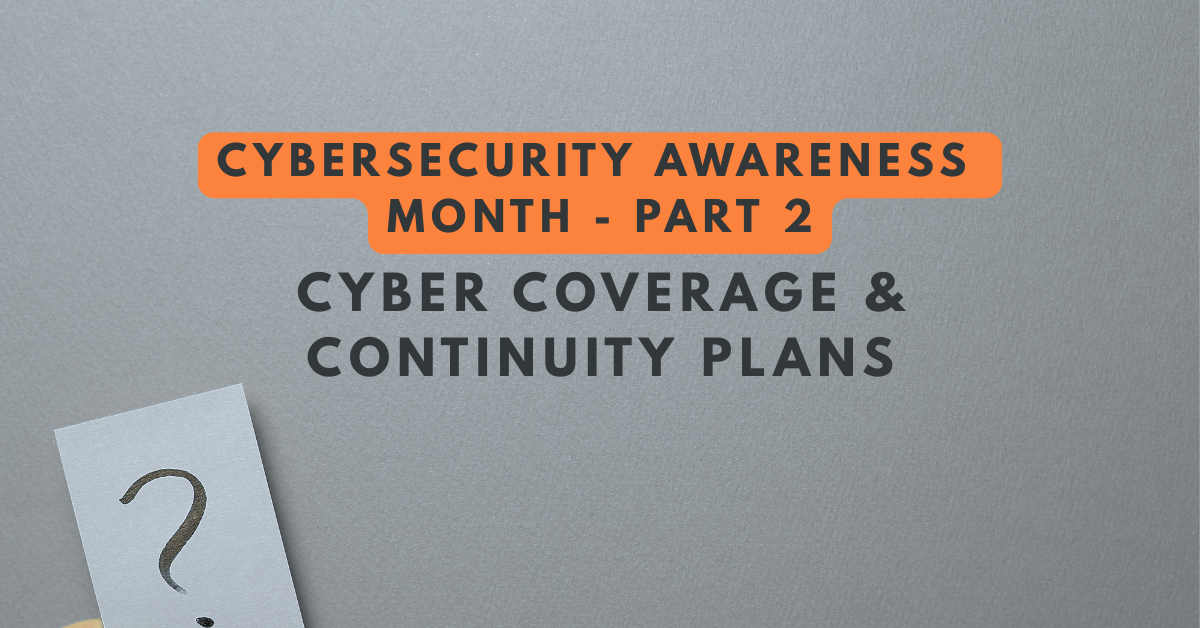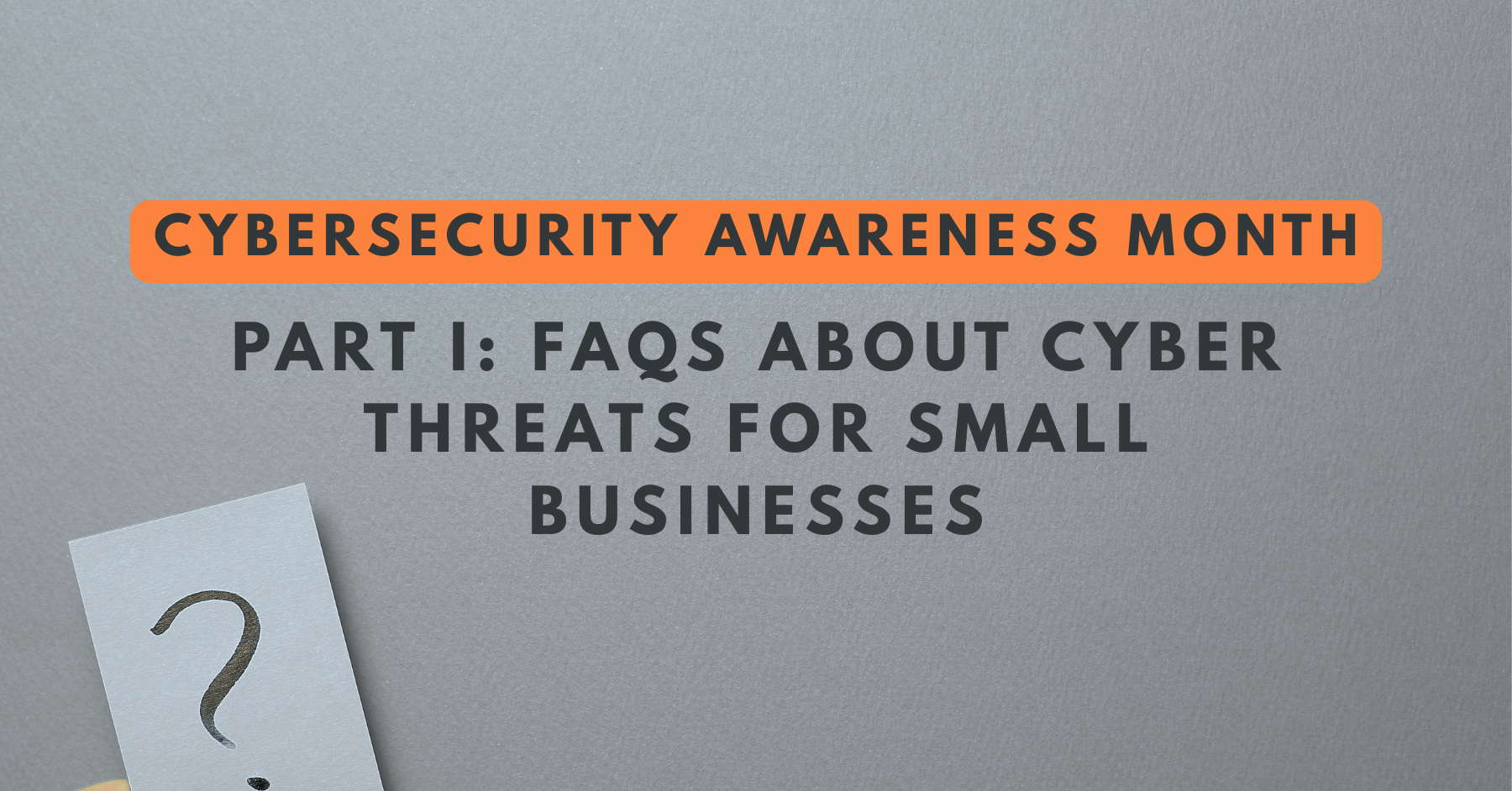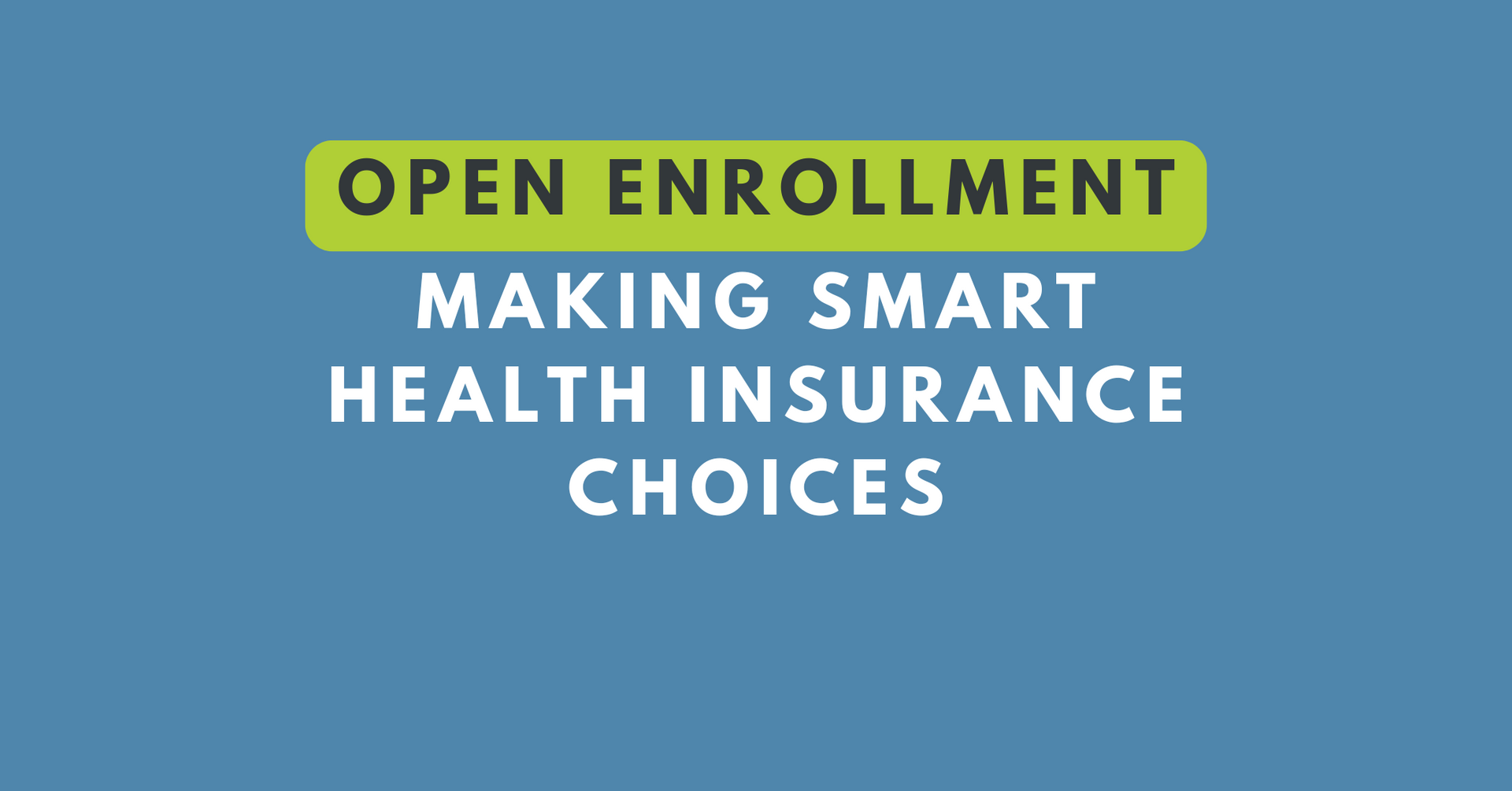See How We're Different
or call us: (858) 384‑1506
Managing stress at work isn’t a nice-to-have. It’s a must-have.
In 2025, stress levels in the U.S. are at an all-time high, as nearly 40% of Americans report experiencing peak stress (MSN). From rising global costs to political unrest, health concerns, technology changes, work pressures, and more, it’s no wonder people feel pinched. But do we have to stay this way?
As business leaders and decision-makers, we have the opportunity and responsibility to model stress management from the top down. Managing stress isn’t just about positive thinking. Effective stress management is practical, proactive, and personal. It involves modeling self-care, fostering real connection, and helping employees access the benefits already at their fingertips.
Let’s break down four ways you can help your team, and yourself, manage stress more effectively this year.
Model Self Care From the Top
A “CEO who practices self-care” almost sounds contradictory. We’re accustomed to the idea of an invincible leader who relentlessly works around the clock. There’s no denying that leaders must face enormous challenges, like making high-stakes decisions and financially performing (we see you). These are genuine, important parts of the job. But there must be room for self-care, too.
A Businessolver survey revealed that 55% of CEOs reported experiencing a mental health issue in the past year, a 24-point jump from the previous year. If that’s not a wake-up call for self-care, what is?
The good news is, self-care doesn’t need to be grandiose. It can be a daily journal habit, a weekly walk without your phone, mental health support, or taking a break to reset.
Recently, our CEO Mike Fusco shared how a personal trip provided him with a clarity reset. “It offered me a meaningful family connection and a decisive clarity break, allowing me to reflect deeply on business, life, and leadership.” He added, “It is easy to forget how fortunate we are. The ability to build a business, serve clients, create jobs, and design our future is a privilege not afforded to everyone worldwide.”
His takeaway? Gratitude grows when we pause and look around.
So, ask yourself:
- What would it look like to pause and invite support?
- Does gratitude feel distant right now?
- Am I feeling stressed?
- Am I nearing capacity?
Build Social Connections
People need people. As It’s Your Yale puts it, “Camaraderie and a sense of friendship among team members are associated with the highest levels of morale and job satisfaction.”
Where can you facilitate connection through collaboration, shared goals, and safe communication, in order to manage stress? How can you encourage your team to speak up when they are struggling or overwhelmed, and how can you and your supervisors listen better when employee do speak up?
Promote Employee Benefits
Even the most connected teams will face stressors that require more than a good chat or a few days off of work. That’s where employee benefits come in, especially your Employee Assistance Program (EAP).
About 69% of small to mid-sized companies offer an EAP – yay! The problem is that many employees aren’t fully aware of the benefits available to them.
What is an Employee Assistance Program (EAP)?
An EAP gives employees access to services that address personal challenges, such as psychological challenges, grief, stress management, etc. Employers sponsor this program, which provides confidential support that will not negatively impact the employee’s career or reputation.
If your team dosn’t know about your EAP, they aren’t going to use it. Make your EAP and all of your stress-busting benefits known. Talk about them. Normalize them.
Our benefits team is standing by to help you start, strengthen, and promote your EAP and wellness offerings.
Click here to connect.

Make Stress Management Real, Relatable, and Accessible
Wellness doesn’t have to break the bank or be over the top.
From mindfulness tools to breaks to EAPs and social connection, many low-cost wellness initiatives make a big impact. But the best investment starts with awareness.
So we’ll leave you with this question: If you asked your employees how your company supports their stress management, what would they say?
If you’re unsure or want to dig in further, we’re here to support you. Start HERE.
Disclaimer: This article is for informational purposes only and is not intended to provide medical or mental health advice. Always consult with a qualified healthcare provider or licensed mental health professional regarding any health-related concerns.
Sources:
Businessolver 2024 Empathy Study: 55% of CEOs Say They’ve Experienced a Mental Health Issue, Up 24 Points | News | Businessolver
We know teamwork is important, but how important? | It’s Your Yale.
America’s 2025 Stress Crisis: Why Nearly 40% Are Hitting Their Limit | MSN







